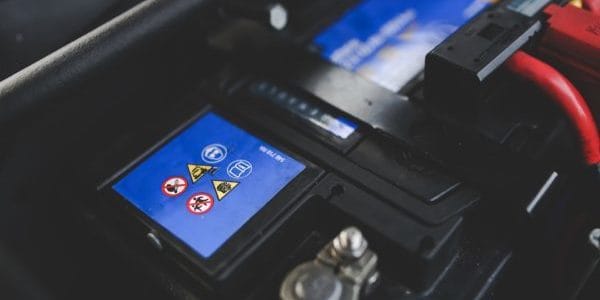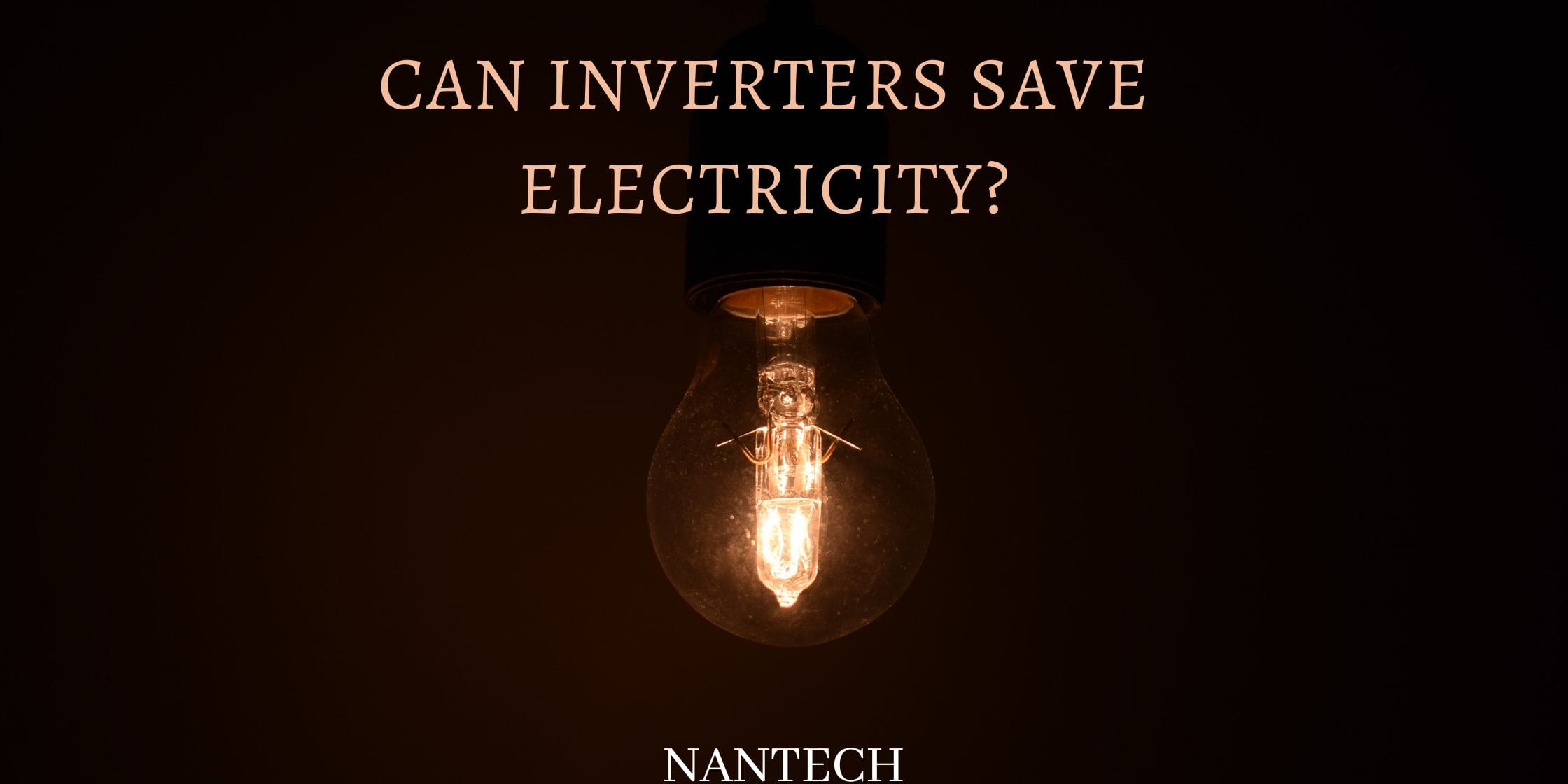- Home
- About us
- Products
- Dealer Enquiry
- Contact Us
- 044 -2486 1994
- +91 99623 98222
- sales@nantech.in
- REQUEST A QUOTE

Power cuts and load shedding can be quite troubling. And getting an inverter-battery setup helps a lot. But choosing an inverter battery might be a daunting task for most of us, especially if you are getting it for the first time. Don’t worry, we at Nantech decided to put this comprehensive guide and here’s everything you need to know before getting one:
Knowing how long you need the power backup to last, helps you choose the battery with the right capacity. Let’s say you face power cuts for 2 hours everyday and you need a 12V battery as a power backup for the entire time. And you want to run the following appliances:
| Appliance | Quantity | Power Consumed |
|---|---|---|
| Desktop Computer | 1 | 155W |
| Fan | 1 | 75W |
| Tube light | 2 | 20W |
| Total | 155 + 75 + 2*20 = 270 watts |
Required Capacity of Battery = (Hours of Power Backup) * (Power Required in Watts) / (Voltage of Battery)
Required Capacity of Battery = 2 * 270 / 12 = 45 Ah
Most batteries in the market are around 135-150 Ah and if the above case is equivalent to your real requirement, then you can even go for cheaper and lower capacity batteries!
Cost
It is essential to calculate and decide the budget as per your requirements, since the inverter and battery dealers may persuade you to buy more expensive batteries. The above example will help you with the necessary calculations and prevent unnecessary expenses.
Battery Type
Lead Acid Battery:
These are of two types:
Gel Battery:
The weight of the battery is something you might overlook and not take into consideration first but it tends to be an important factor for those who are frequently on the move! Batteries have different weights when they are filled and empty(dry). If you frequently shift places, consider buying a less bulky battery. In case you still need a heavy battery, look for the ones equipped with a trolley.
Most reputed companies offer free services within the warranty period (also called ‘flat warranty period’). In case your battery faces issues within a few months of purchase, it could be replaced, provided the fault occurs and is registered within the replacement/pro-rata warranty period. It also helps if the company provides installation and maintenance services, since this can be a tough task for most individuals. Hence, warranty period is also an important factor while purchasing a battery!
We hope this comprehensive guide helped you and made the task of buying a battery easier! If you are looking for an authorised battery dealer, we at Nantech sell batteries of numerous reputed companies.

Inverters are devices that are very commonly used as a back-up during a power outage. Chennai faces such power cuts on multiple occasions. Although there is no power supply from the mains during a blackout, inverters keep supplying uninterrupted electricity. Inverters thereby act as reserves of electricity but can they also save electricity? If so, how do they do that? Let us find out.
How Do Power Inverters Function?
Can Inverters Have 100% Efficiency?
How Can Inverters Save Electricity?
How To Eliminate Losses?
It is observed that the higher the inverter capacity, the higher is the loss of energy. Thus, it is recommended to know the power requirement of your residence or workplace.
Also Read: Implications of Power Cut on Smart Homes & Remedial Measures
Overcharging:
Quality check:
Overload:
Maintenance:
Reach out to us if you are in search of an inverter that can 'save' electricity.